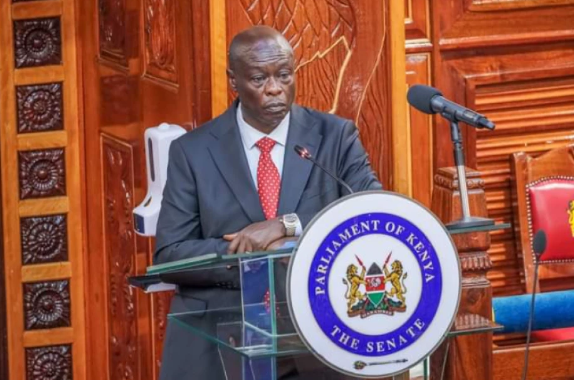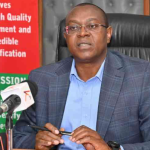In a last-ditch effort to reclaim his position, Rigathi Gachagua has filed a court application to prevent President William Ruto from nominating someone to fill the vacancy of Deputy President. Through Senior Counsel Paul Muite, Gachagua has submitted the case under a certificate of urgency, asserting that the charges brought against him before the National Assembly and subsequently the Senate lack merit.
Gachagua argues that the Senate was legally obligated to act as an impartial arbitrator in determining whether the charges against him were substantiated. He contends that the evidence used to support his impeachment was insufficient, thereby rendering the entire process flawed.
He cites the precedent set by the Court of Appeal in the Martin Wambora case, which established that in impeachment matters, the allegations must be serious, substantial, and weighty. Gachagua insists that the charges against him do not disclose a gross violation of the law, which he maintains did not occur.
“Unfounded and false allegations have been made against me in the impeachment motion before both houses. It would be in the interest of justice that such false information be corrected in line with the provisions of article 35 of the constitution,” read his documents in part.
At least 53 out of 66 senators on Thursday night voted to uphold the charge levelled against him by the national assembly last week.
The impeachment motion was fronted by Kibwezi MP Mwengi Mutuse which subsequently ended up in the Senate.
Gachagua who remains hospitalized now seeks an order to block the Senate from gazetting its resolution that upheld his impeachment charges.
Also sought is an order blocking the national assembly from vetting and approving the nomination of the person submitted by the president to fill the vacancy in the office of the Deputy President.
“It would be prejudicial to my client to allow the respondents to gazette his removal by way of impeachment in a manner that stands contrary to basic constitutional provisions before this petition is heard and determined,” says Muite.
The respondents are listed as the speaker of the National Assembly, the Senate Assembly, the Speaker of the Senate, the Senate and the Attorney General.



